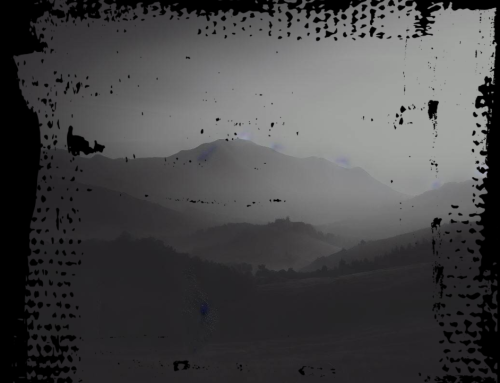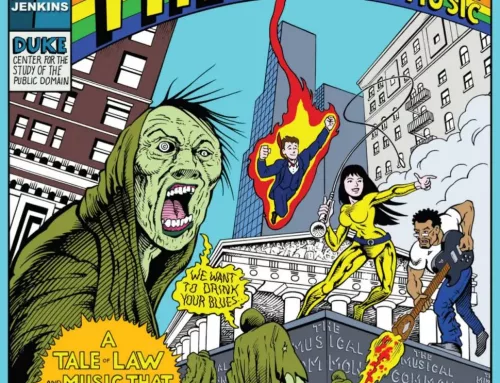We live in a digital world where the attention economy rules almost everything. It decides what we see, what we click, and what we care about. But we have a problem: we are running out of attention. We have filled up all our free time with endless streams of digital entertainment, and every new thing that comes along has to compete with everything else. This means that the fight for our eyeballs is getting harder and harder, and it will only get worse when we go back to our normal lives after the pandemic. But there is something else going on, something more sinister: the attention economy is killing culture. It is making us consume more and more, but appreciate less and less.
The “attention economy” is the term used to describe how digital platforms compete for our limited attention and time. The more we engage with their content, the more money they make from advertising or subscriptions. This creates a powerful incentive for them to design addictive and appealing experiences that keep us hooked.
The darker side is, that it is not only consuming our free time, but also our cultural values and preferences. As we spend more time online, we are exposed to more homogeneous and algorithm-driven content that reinforces our existing tastes and opinions. We are less likely to discover new and diverse forms of culture that challenge us and enrich us.
This is a problem because culture is not just entertainment. It is also a way of expressing ourselves, connecting with others, and learning from different perspectives. Culture is what makes us human and what shapes our society. When we lose culture, we lose ourselves.
That is why we need to resist the attention economy and reclaim our cultural agency. We need to be more mindful and intentional about how we spend our time and attention online. We need to seek out and support diverse and independent creators who offer us quality and originality. We need to cultivate our curiosity and openness to new experiences that broaden our horizons.
We can still enjoy the digital world, but we should not let it define us or limit us. We should remember that there is more to life and culture than what we see on our screens. We should celebrate and cherish the richness and diversity of human creativity in all its forms.



